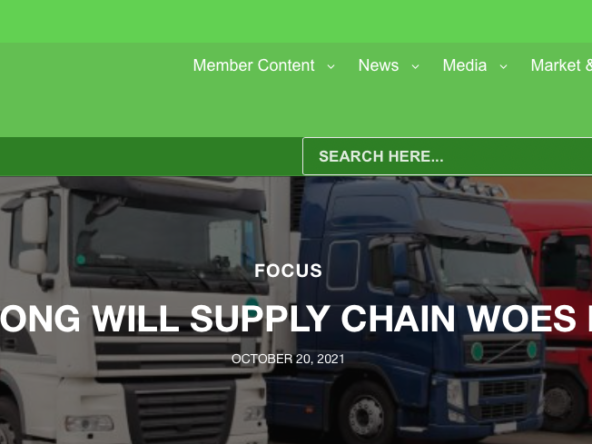Most of us need an automobile to get from point A to point B as a result of the great American sprawl and decades of inadequate infrastructure planning. While we will save the subject of infrastructure planning and public transportation for a later topic, the mode of transportation for Americans has come quite a long way from horses to the Model T and now the Tesla. So, what does the future of transportation hold and should you buy a new car?
Car buying is complex as consumers have many choices when buying a vehicle: price, utility, color, fuel economy, status, rebates, finance options, warranties, availability of desired vehicle within a certain radius, hybrid, electric, etc. What are your primary considerations when purchasing a vehicle?If you can recall your first vehicle purchase, you probably remember the sticker price being much less than what it is today. Take for example, my Chevy pickup purchased new in 2001 now costs $15,000 more today! With automobile prices rising, one might wonder, how are car sales doing? Surprisingly, car sales are up at the second historical high with sales of 17.39 million units in 2015. One thing is for certain – no matter how nice the smell – the average automobile is a depreciating asset, not a long-term investment. With the reality of driver-less cars in our near future, why buy a new car?
1. Your purchase historically fueled a strong middle class as automobile manufacturing provided union jobs, ensuring adequate wages and retirement plans.
2. Your purchase and consumer behavior triggered by federal incentives and finance options gets you what you want -a great deal- and allows Fortune companies to shed costly inventory keeping them profitable and in business.
3. Your purchase impacts other industries in a positive manner: steel, paint, rubber, DMV staff positions, etc.
4. There are many more reasons we can list…
The reality of our modern society is that car buying could be a thing of the past.
I propose that the future of automobile purchasing could greatly shift from sole ownership to the purchase of a share in your desired automobile company. Why have a depreciating asset when you can have the on-demand automobile of your choice? The following are some visionary concepts of how car buying could change and the afforded benefits of innovation:
1. Use of big data, i.e. your smartphone calendar, alarm clock, YELP account, Facebook events, etc. know what time you need to be places and what your preferences are. Big data applications will allow vehicles to arrive at your doorstep on time and in-use for the duration needed.
2. Safer cars, safer roads. Driver-less cars increase throughput on roadways as a result of a controlled environment and reduction in human errors which result in numerous accidents. 3. Flexibility and choice. Purchasing a share in your desired automobile company means you are not stuck with one vehicle until you have enough money for your next purchase. Why not hold a share for an average utility vehicle and select an upgrade like UberBlack for when you go out on date night and need to wow that special someone. Plus, NextGen leaders want change, not the status quo parked in their driveway for years on end.
4. Parking in cities is a pain and extremely costly. Vehicles can be stored at remote locations and empty lots, arriving when needed. This will allow new developments to eliminate parking and increase living space.
5. Community and carpooling. Ancient van sharing would be eliminated with driver-less cars and the ability through big data applications, the opportunity to choose who you want to ride with and adapt to changing schedules. Think, your Tinder flame or your business mentor for the day and you on your way to work. Costly maintenance bills reduced as they are shared within your buying group. The future of car sharing through holding a share in a car company means more than utility, it means community.
While there are numerous benefits to this solution, at the end of the day, economic power rules over innovation and common sense solutions. This innovative method would significantly reduce the manufacturing middle class workforce and profits to automobile companies. It would eliminate the need for high insurance premiums based on current actuarial tables factoring in significant accounts of human error. It would eliminate the need for companies like UBER and other car sharing services who are now powerful billion dollar companies asserting their rights and control over market share. It would decrease infrastructure funding by reducing the federal gas tax and highway trust fund, impacting numerous stakeholders, including the construction industry. Lastly, it could be hard to execute in volume across America as we have a significant number of rural communities with individuals who will always need their own mode of transportation.



